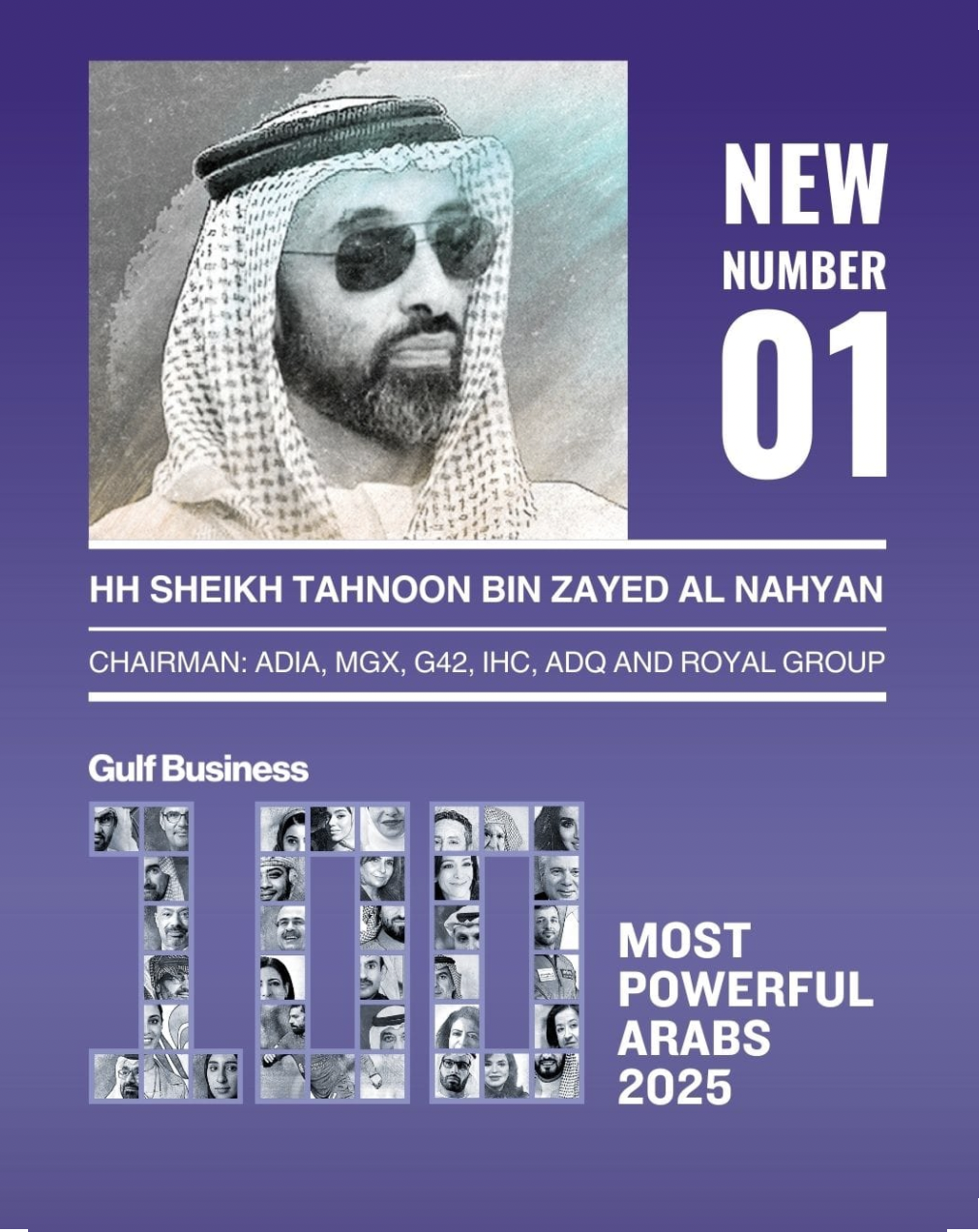In Gulf Business’s 2025 “Top 100 Most Powerful Arabs,” Sheikh Tahnoon bin Zayed Al Nahyan has appeared at number one. It is a symbolic but significant recognition for a man who scarcely ever seeks attention but silently directs some of the most influential motion of world capital reallocation and technological influence from Abu Dhabi.
For foreign investors, policymakers, and tech watchers, Sheikh Tahnoon’s ascension is less an exercise in personal ego and more an indicator of the United Arab Emirates’ strategic role: a country positioning itself as a center of influence not just in energy markets or real estate — but at the leading edge of artificial intelligence, cybersecurity, global M&A, and infrastructure.
The Power Behind the Portfolios
Sheikh Tahnoon, the UAE President Mohamed bin Zayed’s brother, wears many hats. He is the chairman of International Holding Company (IHC) — a diversified behemoth with stakes in agriculture, healthcare, fintech, and high-tech manufacturing. He’s also the UAE national security adviser, and has close connections to regional diplomacy, strategic buys, and defense.
But it’s the transformation of IHC into a high-speed vehicle for Abu Dhabi’s capital strategy that has drawn growing attention from Western financial analysts. IHC’s market cap has surged, and its tentacles now reach from Abu Dhabi to Africa, Asia, and Europe — often acquiring or backing firms in emerging technologies or critical commodities.
While sovereign wealth funds like ADIA and Mubadala still remain the more traditional instruments of state capital, IHC works more as a sovereign venture arm – swift, aggressive, and untcatchable.
“AI is Already Reshaping How We Operate“
Sheikh Tahnoon said recently, “AI is not a buzzword; it is a tool which is already transforming the way we do things and make decisions.” This is not a grand vision statement : it’s operational doctrine.
With his leadership, IHC and other UAE-backed organizations are making substantial investments in AI hardware, cloud computing, biotechnology, and quantum research. The UAE has also been cultivating ties with US and Chinese tech firms while attempting to entice foreign AI talent through expedited visas and R&D funding.
The Emirates, then, are building not just pipelines and ports—but data centers and decision platforms powered by machine learning. In this regime, AI is an engine of governance and economics rather than just a consumer gadget.
Strategic Autonomy Through Capital Deployment
For London’s financial institutions and asset managers, Tahnoon’s emergence heralds a more fundamental shift: the transformation of Gulf sovereign players from passive allocators to active global strategists. UAE capital is no longer just in search of yield — it’s dictating industries.
Abu Dhabi’s recent steps, from multi-billion dollar investments in energy transition projects to European infrastructure and African fintech acquisitions, reflect a long-term thesis: strategic independence through diversified global investment. Sheikh Tahnoon, with his twin control of national security and economic clout, is the most symbolic figure of this new playbook.
This dual role — intelligence chief and diplomat — is rare, even for the Gulf. But it has given the UAE an extraordinary edge: to combine soft and hard power, dollars and coding, in a way that few others can replicate.
A Model That’s Being Watched — and Questioned
Western critics are worried about increasing overlap between state intelligence, corporate control and technological presence in the UAE. Transparency issues, centralization of decision-making, and geopolitical alignment with both the US and China call into question the long-term trajectory of Emirati capital.
But others discern in Tahnoon’s rise the distillation of a winning post-oil strategy. While numerous oil-states only discuss diversification, the UAE is implementing it, by a deliberate, fast rebalancing towards sovereign entrepreneurialism.
The issue now facing UK regulators and investors is no longer if Gulf money will play a role in fashioning European and world markets — but how, on what terms, and with what long-term governance structures.UAE’s Sheikh Tahnoon bin Zayed leads Gulf Business’s 2025 power list, representing a new era of state-sponsored tech investment and global capital influence


